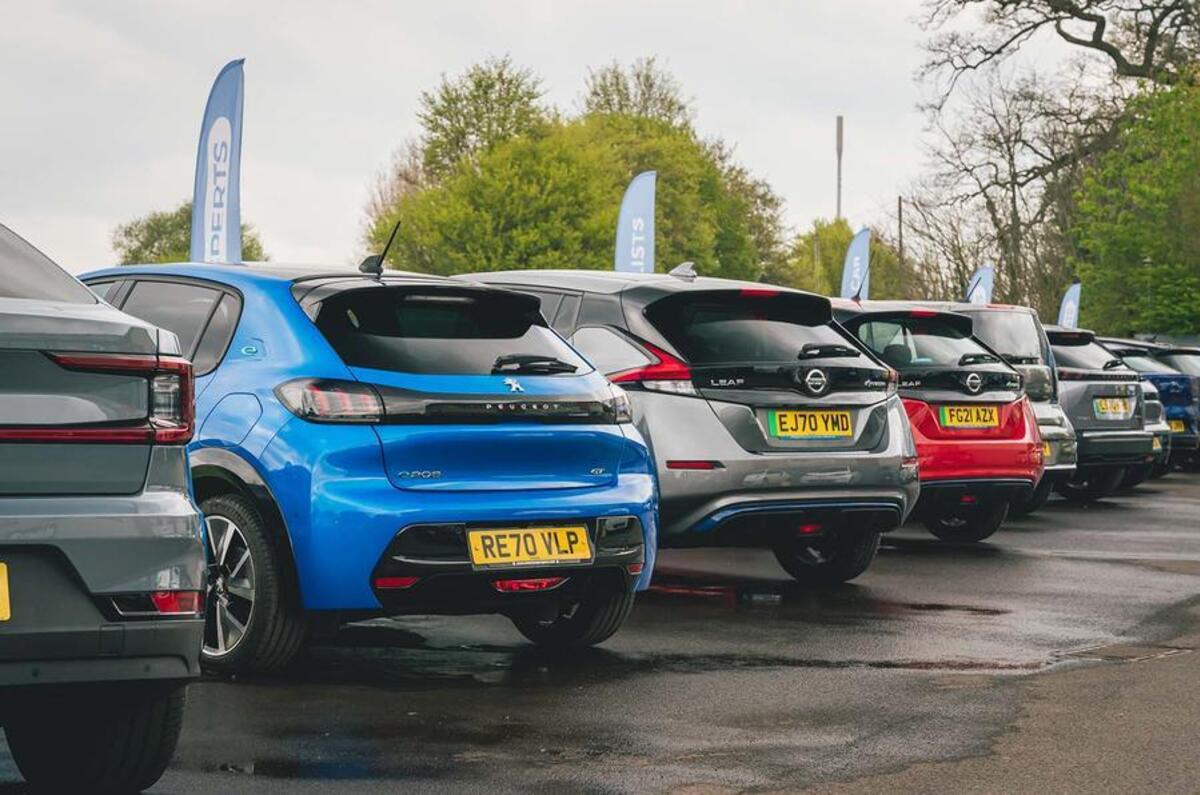Used car sales rose for the first time in two years, as a buoyant UK market bounced back following a 2022 hampered by supply issues.
However, concerns have been raised over the volatility of the overall market by industry experts, who predict supply constraints will arise as a result of lower new car production post-Covid – and a cost of living crisis that has slowed private sales.




Add your comment